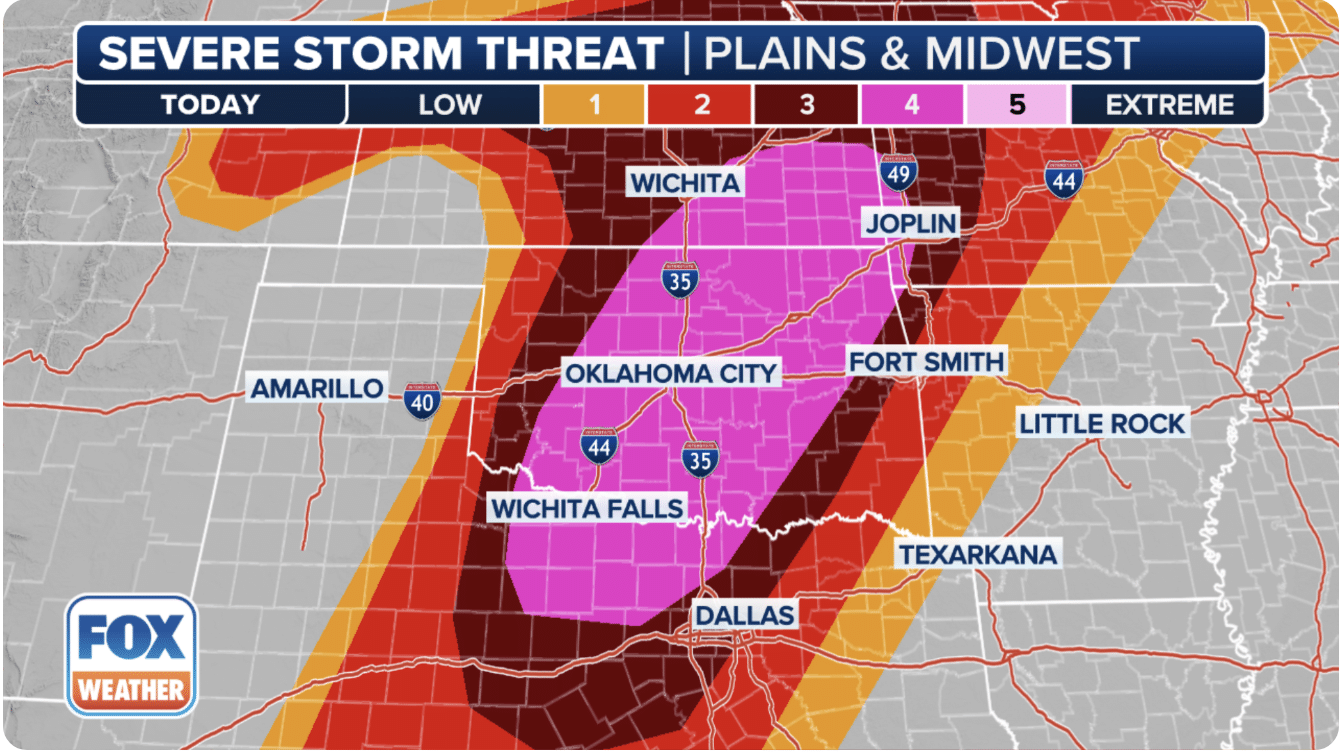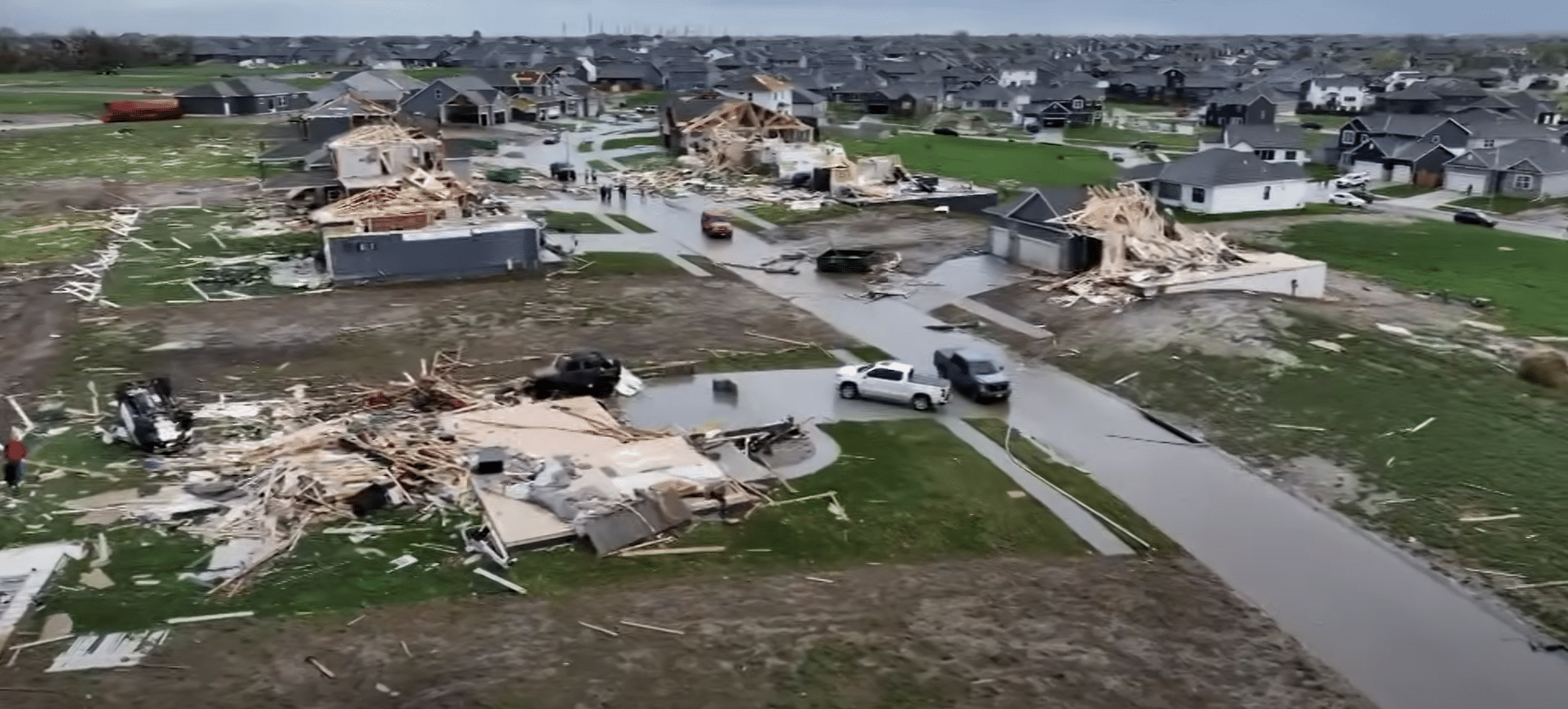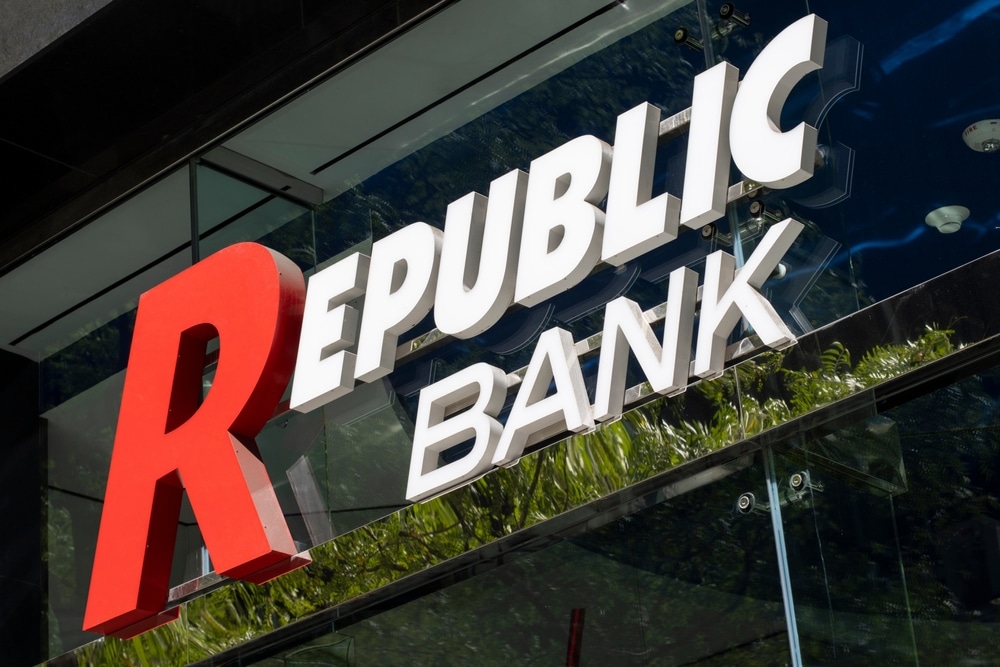(OPINION) JPMorgan Chase CEO Jamie Dimon says he is preparing the biggest U.S. bank for an economic hurricane on the horizon and advised investors to do the same.
“You know, I said there are storm clouds but I’m going to change it … it’s a hurricane,” Dimon said Wednesday at a financial conference in New York. While conditions seem “fine” at the moment, nobody knows if the hurricane is “a minor one or Superstorm Sandy,” he added.
“You’d better brace yourself,” Dimon told the roomful of analysts and investors. “JPMorgan is bracing ourselves and we’re going to be very conservative with our balance sheet.”
Beginning late last year with high-flying tech names, stocks have been hammered as investors prepare for the end of the Federal Reserve’s cheap money era. Inflation at multidecade highs, exacerbated by supply chain disruptions and the coronavirus pandemic, has sown fear that the Fed will inadvertently tip the economy into recession as it combats price increases.
While stocks bounced from a precipitous decline in recent weeks on optimism that inflation may be easing, Dimon seemed to dash hopes that the bottom is in. “Right now, it’s kind of sunny, things are doing fine, everyone thinks the Fed can handle this,” Dimon said. “That hurricane is right out there, down the road, coming our way.”
“If it was a hurricane, I would tell you that,” Dimon said at the analyst meeting, adding that current conditions also aren’t like the “tsunami” that banks faced in 2007 and 2008 when the mortgage market was melting down and several large financial institutions collapsed.
Dimon may not be predicting a tsunami just yet. But a hurricane is bad enough, and certainly more damaging than a regular storm. Dimon said he is also worried about the conflict in Ukraine and the impact it will have on oil prices, predicting on Wednesday that it’s in the cards for crude prices to eventually spike as high as $150 to $175 a barrel.
“Wars go bad. They go south. They have unintended consequences,” he said, adding that this conflict will continue to roil the commodity markets around the world, impacting the prices of oil, gas, and wheat.


















